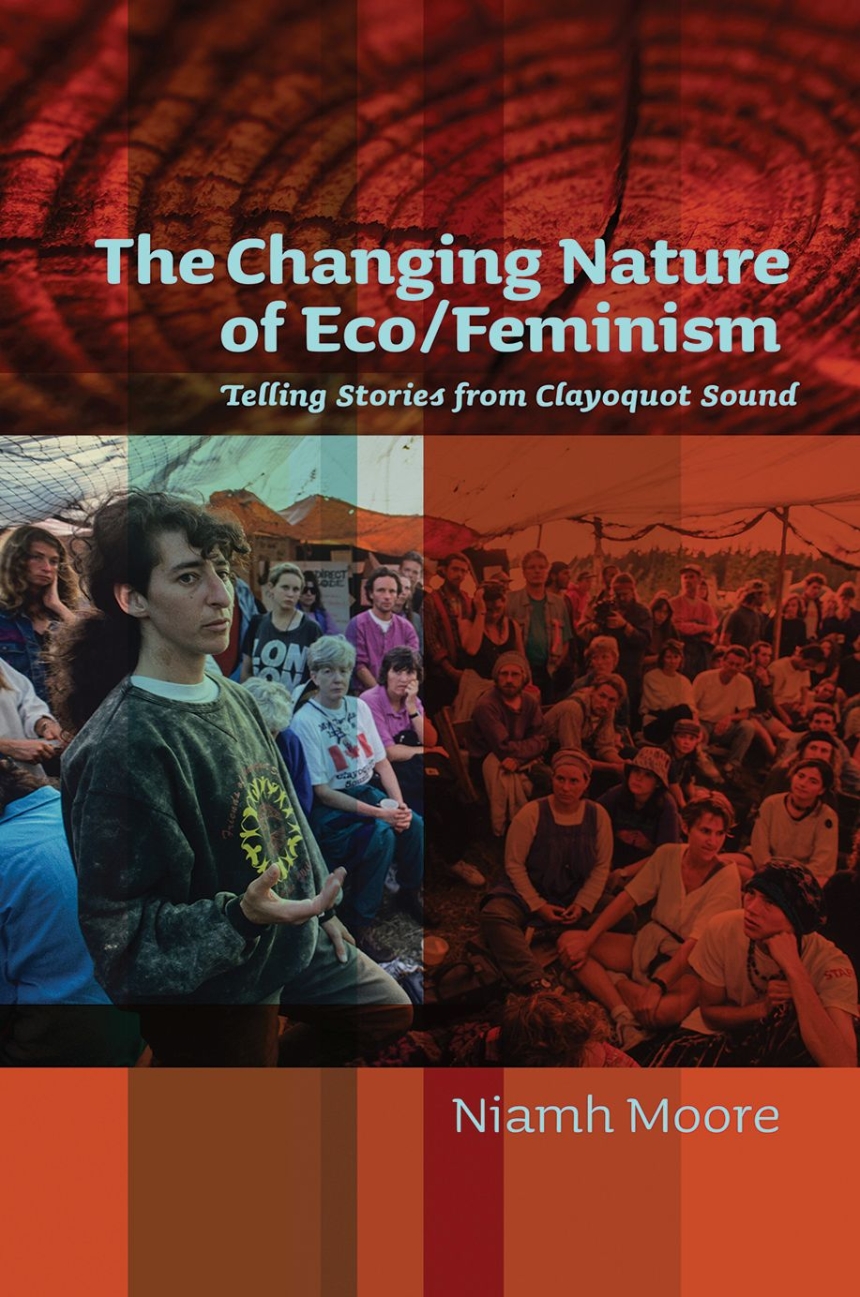University of British Columbia Press
The Changing Nature of Eco/Feminism
Telling Stories from Clayoquot Sound
Distributed for University of British Columbia Press
The Changing Nature of Eco/Feminism
Telling Stories from Clayoquot Sound
284 pages | © 2015
Table of Contents
Preface: “She Goes On and On and On”
1 Rethinking Eco/Feminism through Clayoquot Sound
2 Eco/Feminist Genealogies: Essentialism, Universalism, and Telling (Trans)national Histories
3 Eco/Feminism and the Question of Nature
4 Clayoquot Histories: Our Home and Native Land?
5 “It was like a war zone”: The Clayoquot Peace Camp and the Gendered Politics of (Non)Violence
6 Mothers, Grandmothers, and Other Queers in Eco/Feminist Activism
7 Romanticizing the (Gendered) Nature of Childhood?
8 Unnatural Histories: Mother Nature, Family Trees, and Other Human-Nature Relationships
9 Eco/Feminism and the Changing Nature of Feminism
Appendix
Notes
References
Index

